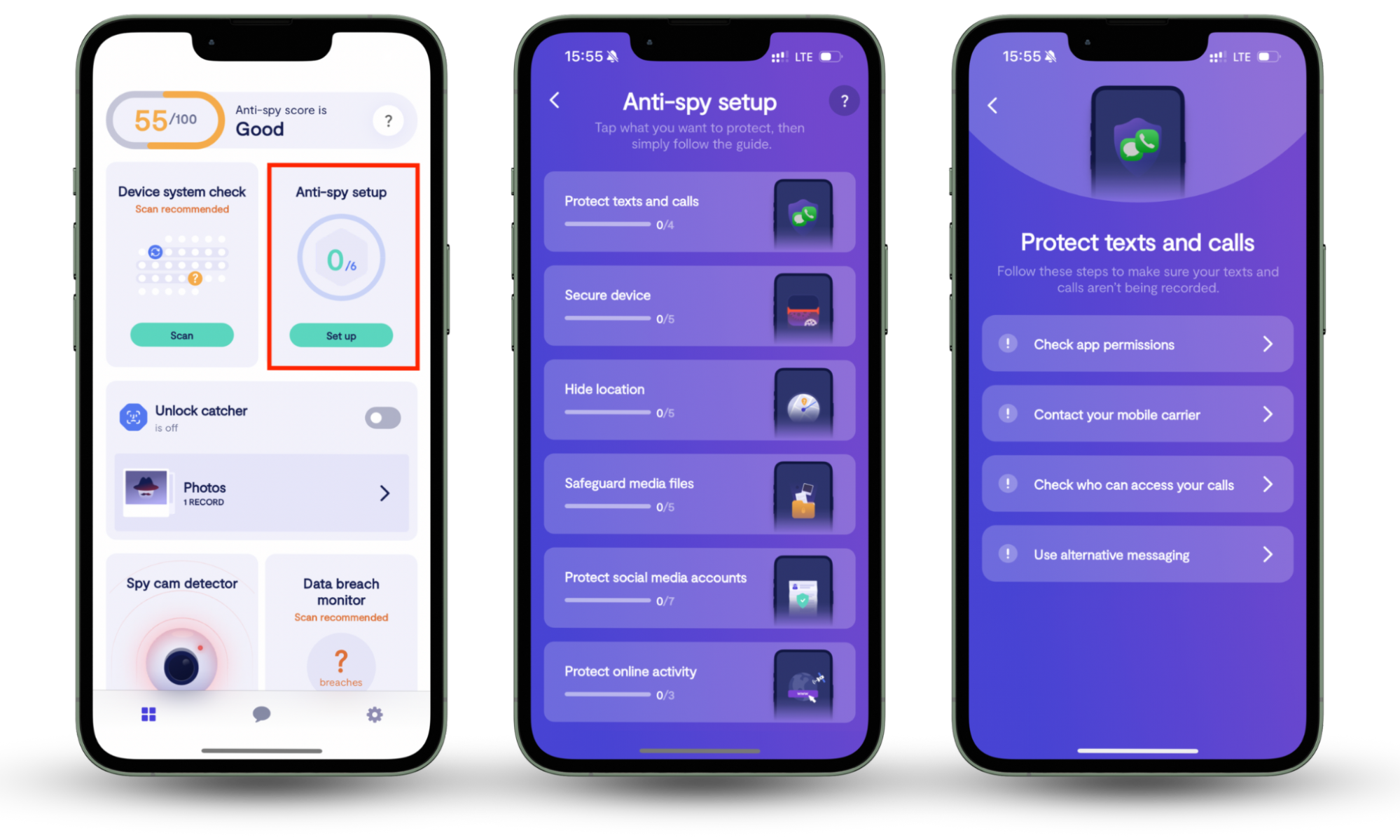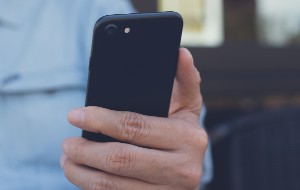Table of contents
- What is Alexa?
- What data does Alexa collect?
- Is Alexa working for the government?
- Can Amazon Alexa share your data with the government?
- Is Alexa controlled by the government?
- How to protect yourself from the government spying on Alexa
- Conclusion
What is Alexa?
Alexa is Amazon’s virtual assistant. It offers a range of voice-activated tasks and services, letting you interact with your devices through voice commands. Alexa is typically found in Amazon’s Echo smart speakers, but it’s also integrated into various third-party devices.
You can use Alexa to control smart home devices, play music and answer questions. Alexa can also provide hands-free TV control, implement routines (like dimming the lights when you play your evening playlist) and much more.
What data does Alexa collect?
Alexa, like many digital assistants, collects data to function effectively, improve your user experience, and offer personalized adverts. However, Alexa collects more types of data than any other smart assistant does. Here’s a breakdown of the data Alexa collects:
- Voice recordings. When you speak to Alexa, it captures and processes your voice commands. This includes word-for-word recordings of your interactions.
- Device usage data. Amazon collects data about how often and in what ways you use your Alexa-enabled devices, including your interactions with different Alexa Skills.
- Smart home device usage. If you’ve connected Alexa with different smart devices, it will gather information about how you use them.
- App usage. Alexa also collects information about how you use different apps, including preferences and navigation patterns within the Alexa app itself. This includes browsing history, logs of your downloads and streams, and file names, dates, times, and image locations.
- Login and account information. Alexa logs user account information, settings, and preferences. This includes your name, age, phone number, time zone, payment information, and personal description from your user profile.
- Location data. If enabled, Alexa will track your device’s location to provide location-based recommendations like weather updates.
- Feedback and diagnostics. Finally, Alexa gathers information about device performance and diagnostics to improve functionality and fix issues.
This may seem run-of-the-mill to an internet-savvy user (after all, it isn’t so different from websites collecting your web browsing data through cookies). However, this information provides Amazon with an incredibly detailed image of who you are and what you like to do—information that could end up in the wrong hands. It might make you wonder, can you use Alexa to spy on someone?
Note
Is Alexa always listening? The answer is yes and no. Amazon explains that Alexa is always listening for its wake word, but unless that word is spoken, it doesn’t register or record anything else that you say.
Is Alexa working for the government?
No, Alexa is not working for the government. Amazon, a private company, developed and operates the Alexa service. However, while Alexa is not directly associated with government operations, the handling of data by massive tech companies is an evolving issue—especially for privacy advocates.
If you’re worried about your privacy, it’s important to stay informed about Amazon’s privacy policies, publicly available legal requests, user control, and security measures.
Can Amazon Alexa share your data with the government?
Yes, Amazon can share your data with the government—but only if they’re forced to do so. Amazon only shares Alexa data and customer information with the government if it receives a legally valid and binding order to do so. Without a legal order, Amazon claims that it will not disclose customer information in response to government demands.
Is Alexa controlled by the government?
No, the government does not control Alexa. In fact, Amazon claims that they repeatedly challenge government demands for customer information. It also claims to have helped set high legal standards for protecting customer privacy interests, such as requiring a search warrant before handing over data.
As mentioned, like other companies, the law might require that Amazon provides information in response to valid law enforcement requests, like court orders or subpoenas. When handling these requests, Amazon states they operate within legal frameworks similar to most other tech firms.
Note
People often wonder, can the government spy on you? The answer, unfortunately, is yes. While it’s unlikely they would use devices like Alexa to do so, the US government is known to spy on US citizens through agencies like the National Security Agency (NSA).
How to protect yourself from the government spying on Alexa
Here are some practical steps you can take to protect yourself from Alexa spying on you and passing on your information to the government and other organizations:
- Mute the microphone. Most Alexa devices have a physical button to turn off the microphone. When it's off, Alexa can’t listen or record. Use this feature when privacy is a priority.
- Review privacy settings. Open the Alexa app on your smartphone and review the privacy settings. Make sure all settings are as strict as possible to minimize the risk of Alexa collecting and sharing your personal information. Here’s a list of apps that spy on you so you can turn off their permissions.
- Limit skills and integrations. Be selective about the third-party skills and services you enable. The more integrations you have, the more likely you are to encounter privacy risks.
- Regularly delete recordings. Alexa stores voice recordings of your interactions, which you can review and delete. Go to the 'Manage Your Alexa Data' section in the app to delete voice recordings.
- Use voice commands for privacy. You can say, "Alexa, delete what I just said," or "Alexa, delete everything I said today" to remove recent recordings.
- Be mindful of placement. Position Alexa devices in rooms where privacy isn’t an issue. Avoid placing them in bedrooms or private spaces if you're concerned about unintended recordings.
- Check updates and security patches. Regularly update your Alexa device to ensure it has the latest security patches. This helps protect against vulnerabilities that hackers could exploit.
- Network security. Make sure your home Wi-Fi network is secure. Use strong, unique passwords, and consider setting up a guest network for smart devices.
- Stay informed. Keep an eye on updates from Amazon regarding new privacy features and updates. They may introduce new measures or tools that can enhance your privacy.
While these steps are a strong start, you can secure your life even further with Clario Anti Spy’s Anti-spy setup. I will help you set your phone up with privacy in mind and make it impossible to track or hack. Here’s how:
- Download and install Clario Anti Spy, then make an account.
- Press Set up under Anti-spy setup.
- Select each category and complete the recommended actions to safeguard your phone.

Conclusion
Understanding how the government might spy on you through devices like Alexa is crucial with today’s privacy concerns. Luckily, it’s highly unlikely that the government is listening to you directly via Alexa. However, that doesn’t prevent Amazon from sharing your personal information in response to legal requests.
Taking proactive steps to safeguard your data means you can enjoy the benefits of smart technology while minimizing its risks. For a more comprehensive solution to your security, install Clario Anti Spy and protect yourself from hidden spyware.


